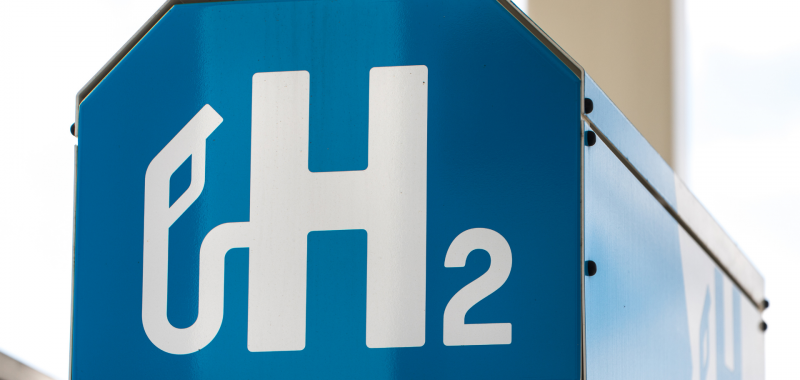
The Commission has approved, under EU State aid rules, a third Important Project of Common European Interest (‘IPCEI') to support hydrogen infrastructure. This IPCEI is expected to boost the supply of renewable hydrogen, thereby reducing dependency on natural gas and helping to achieve the objectives of the European Green Deal and the REPowerEU Plan.
The project, called “IPCEI Hy2Infra”, was jointly prepared and notified by seven Member States: France, Germany, Italy, the Netherlands, Poland, Portugal, and Slovakia.
The Member States will provide up to €6.9 billion in public funding, which is expected to unlock €5.4 billion in private investments. As part of this IPCEI, 32 companies with activities in one or more Member States, including small and medium-sized enterprises (‘SMEs'), will participate in 33 projects.
IPCEI Hy2Infra will cover a wide part of the hydrogen value chain by supporting:
- the deployment of 3.2 GW of large-scale electrolysers to produce renewable hydrogen;
- the deployment of new and repurposed hydrogen transmission and distribution pipelines of approximately 2,700 km;
- the development of large-scale hydrogen storage facilities with capacity of at least 370 GWh; and
- the construction of handling terminals and related port infrastructure for liquid organic hydrogen carriers ('LOHC') to handle 6,000 tonnes of hydrogen a year.
Participants will also collaborate on interoperability and common standards to prevent barriers and facilitate future market integration. The IPCEI will support the gradual emergence of an EU-wide hydrogen infrastructure starting from different regional clusters.
Several projects are expected to be implemented in the near future, with various large-scale electrolysers expected to be operational between 2026 and 2028, and pipelines between 2027 and 2029 depending on the geographic area. The overall completion of projects is planned for 2029, with timelines varying depending on projects and companies.
Read more here.
Details
- Publication date
- 28 February 2024
- Author
- European Climate, Infrastructure and Environment Executive Agency
